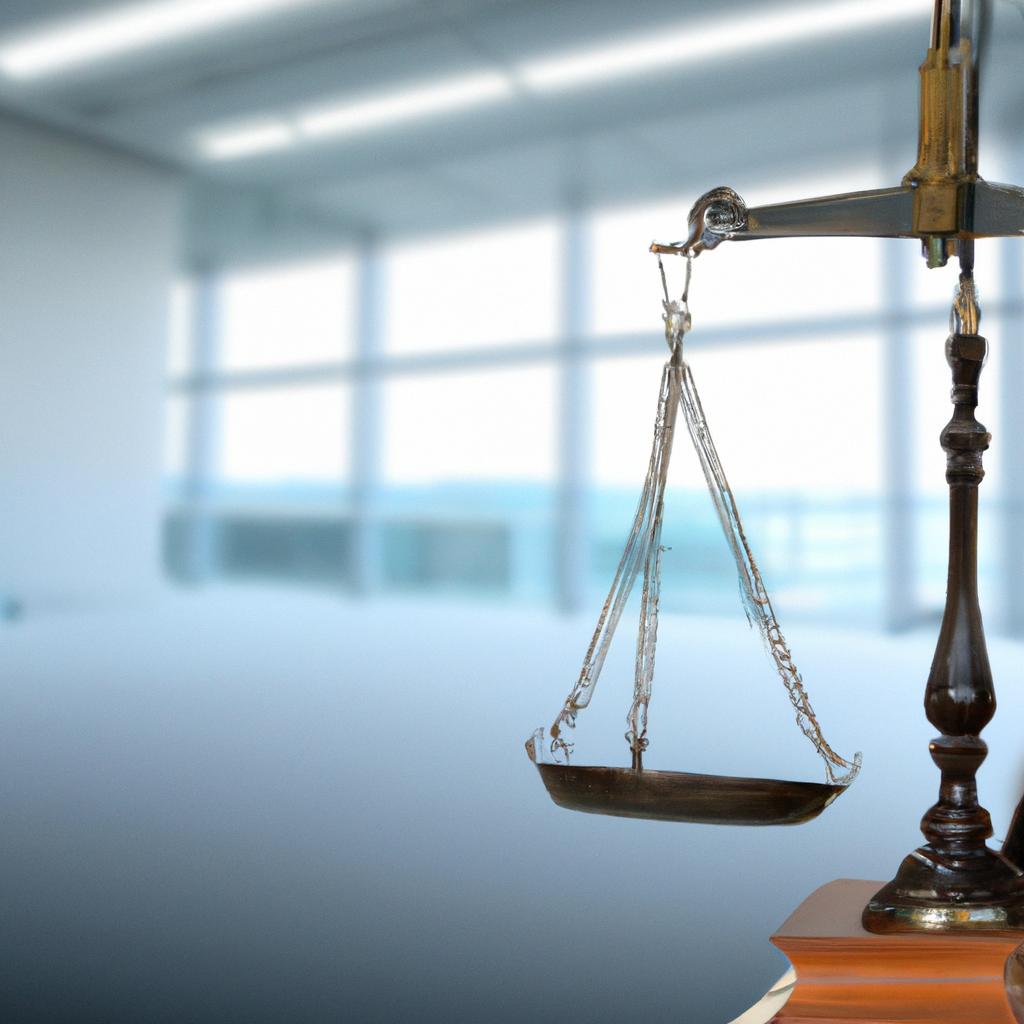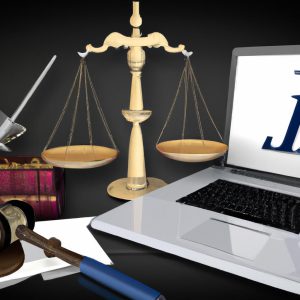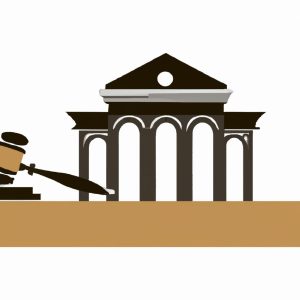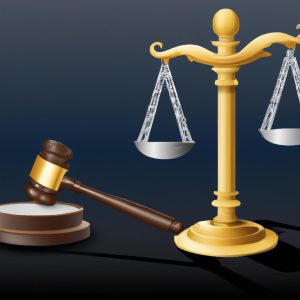In the intricate realm of estate planning, the importance of ensuring a will is properly executed cannot be overstated. As seasoned legal practitioners at Morgan Legal Group, based in the bustling metropolis of New York City, we understand the complexities involved in probate, elder law, and the creation of legally binding Wills and trusts. In this article, we will delve into the essential steps and considerations when it comes to verifying the validity of a will. Join us as we navigate the intricacies of this fundamental aspect of estate planning.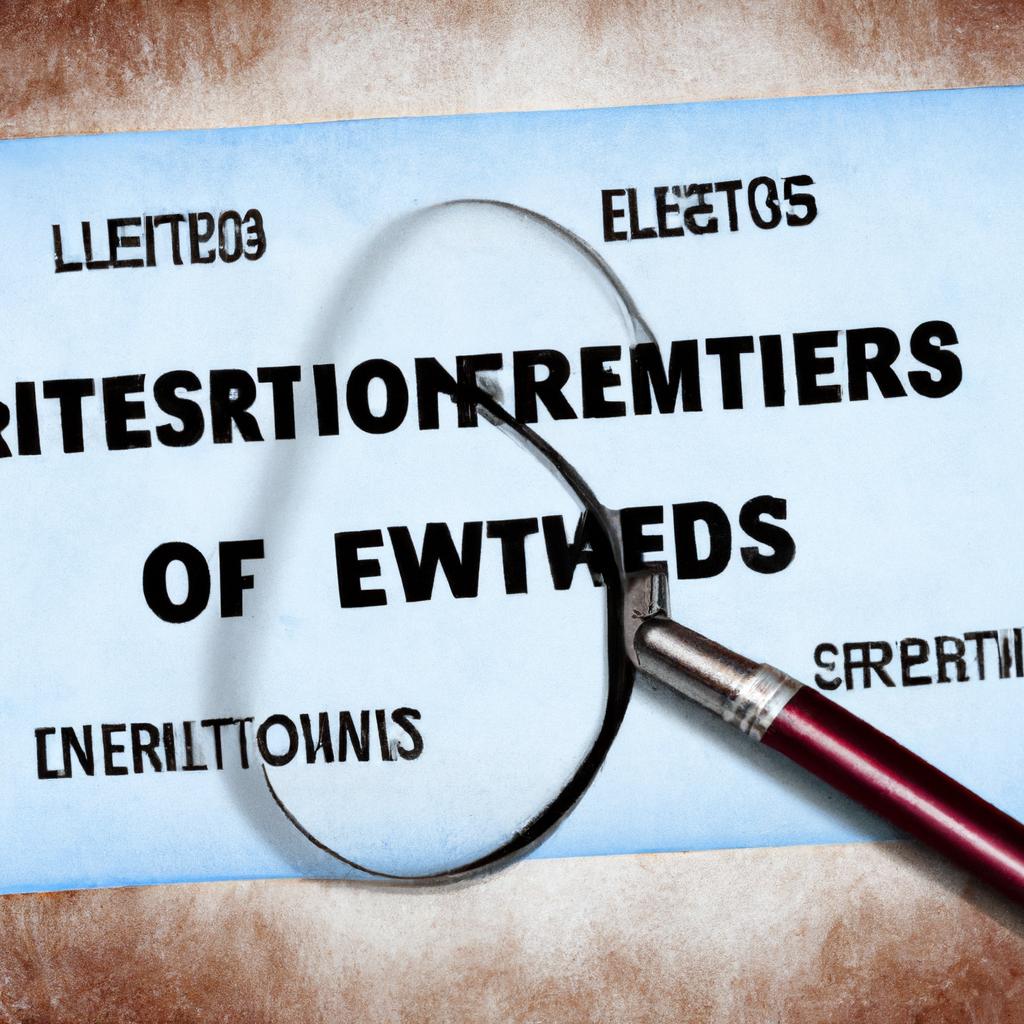
Identifying the Executor and Witnesses
is a crucial step in checking a will for validity. The Executor is the person responsible for carrying out the wishes of the deceased as outlined in the will. This individual is often named in the will itself and must be of legal age and sound mind to fulfill their duties. It is important to verify the identity and contact information of the Executor to ensure they are able to perform their role effectively.
Additionally, Witnesses play a key role in the validity of a will. Witnesses are individuals who sign the will to attest that the testator, or the person making the will, signed it willingly and without any coercion. It is important to confirm the identities and signatures of the Witnesses to ensure that the will was properly executed. In some cases, Witnesses may be required to provide sworn affidavits confirming their role in witnessing the signing of the will.
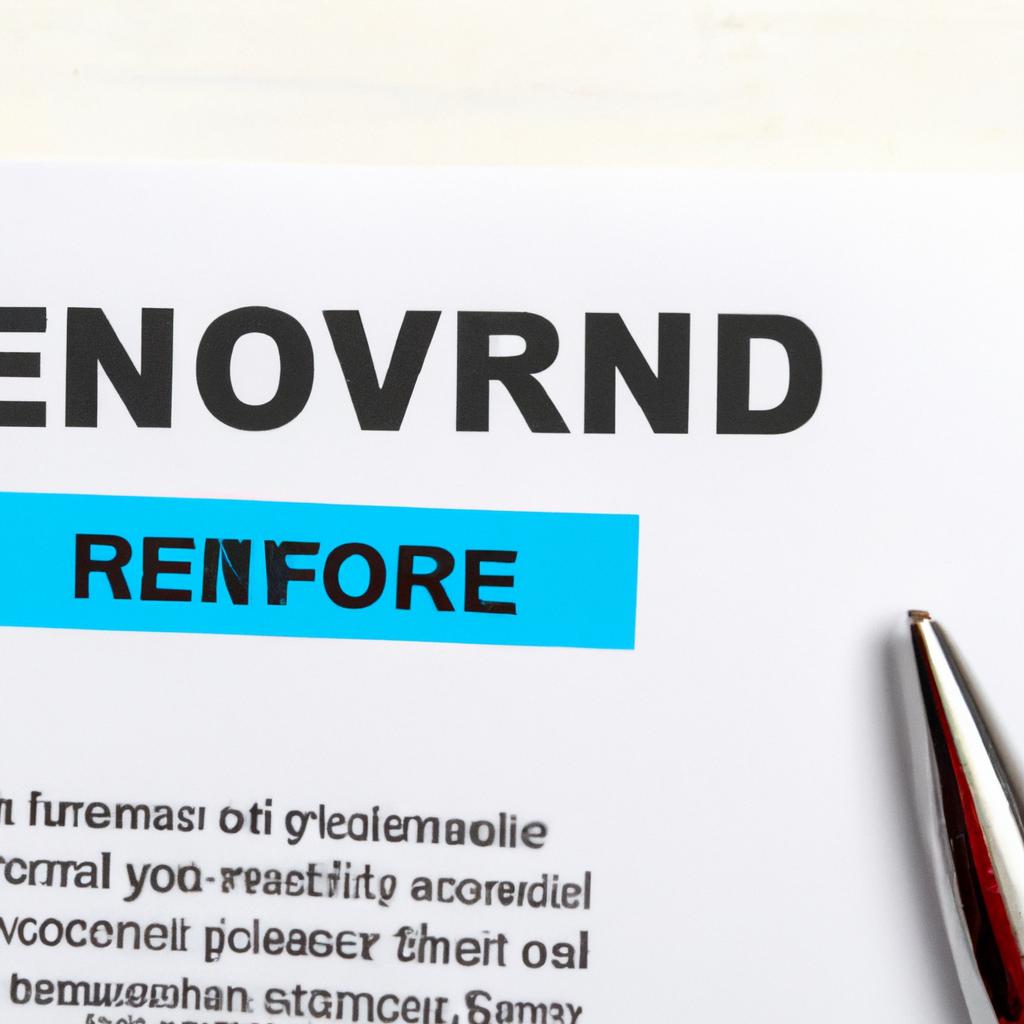
Reviewing the Terms and Conditions
When of a will, it is crucial to pay close attention to every detail to ensure that the document accurately reflects the wishes of the testator. One important step in this process is to carefully examine the provisions outlining the distribution of assets, as well as any specific bequests or conditions attached to them. **It is essential to verify that the will complies with all legal requirements and that it has been executed properly according to state laws.**
Additionally, it is advisable to look for any clauses that may impact the validity of the will, such as undue influence or lack of capacity. **Taking the time to thoroughly review the terms and conditions of a will can help avoid potential disputes and ensure that the testator’s wishes are carried out effectively.**

Validating the Signatures and Dates
When it comes to checking the validity of a will, one crucial step is to ensure that the signatures and dates on the document are in order. The signatures of the testator and witnesses must be present, clear, and executed properly. The dates when the testator and witnesses signed the will should also be included, as they are essential for determining the timeline of events. Any discrepancies or inconsistencies in the signatures or dates could raise red flags and potentially invalidate the will.
One way to verify the signatures and dates on a will is to compare them with known samples of the testator’s and witnesses’ signatures. This can help confirm the authenticity of the signatures and ensure that they were indeed done by the individuals in question. Additionally, it is important to check if the dates on the will align with the timeline of events leading up to the creation and execution of the document. By meticulously examining the signatures and dates on a will, you can help prevent any disputes or challenges to its validity in the future.

Seeking Legal Counsel for Interpretation and Execution
When it comes to checking a will, it is important to seek legal counsel for proper interpretation and execution. Our team at Morgan Legal Group in New York City specializes in estate planning and probate matters, including the review of wills to ensure they are valid and legally binding.
During the process of checking a will, our experienced attorneys will carefully analyze the document to determine its authenticity and validity. We will also review the language used in the will to ensure that your wishes are clearly stated and legally enforceable. By seeking legal counsel for the interpretation and execution of a will, you can ensure that your final wishes are carried out according to your intentions.
Q&A
Q: What is a will and why is it important to check it?
A: A will is a legal document that outlines how a person’s assets and possessions should be distributed after their death. It is important to check a will to ensure that the deceased’s wishes are carried out properly.
Q: How can I verify the validity of a will?
A: To verify the validity of a will, you can consult with a lawyer who specializes in estate planning. They can review the document to make sure it meets all legal requirements and has been properly executed.
Q: What is the process for checking a will after someone has passed away?
A: After someone has passed away, the executor of the will should locate the original document and present it to the probate court. The court will then oversee the distribution of the deceased’s assets according to the instructions outlined in the will.
Q: Can a will be contested?
A: Yes, a will can be contested if there are concerns about its validity or if someone believes they have been unfairly left out of the distribution of assets. Contesting a will can be a complex legal process and should be done with the guidance of a lawyer.
Q: What happens if a will is found to be invalid?
A: If a will is found to be invalid, the deceased’s assets will be distributed according to the laws of intestacy, which outline how assets should be divided among family members in the absence of a valid will.
Q: Are there any specific steps I should take to ensure a will is properly checked?
A: To ensure a will is properly checked, it is important to consult with a lawyer who can guide you through the process and provide professional advice on any legal matters that may arise. Additionally, it is crucial to keep the original will in a safe and secure location.
Final Thoughts
In conclusion, checking a will is a crucial step in ensuring that your final wishes are carried out as you intended. By following the steps outlined in this article, you can navigate the process with ease and peace of mind. Remember to consult with legal professionals if you have any doubts or questions along the way. Ultimately, checking a will is an important part of planning for the future and ensuring that your loved ones are taken care of when the time comes.

